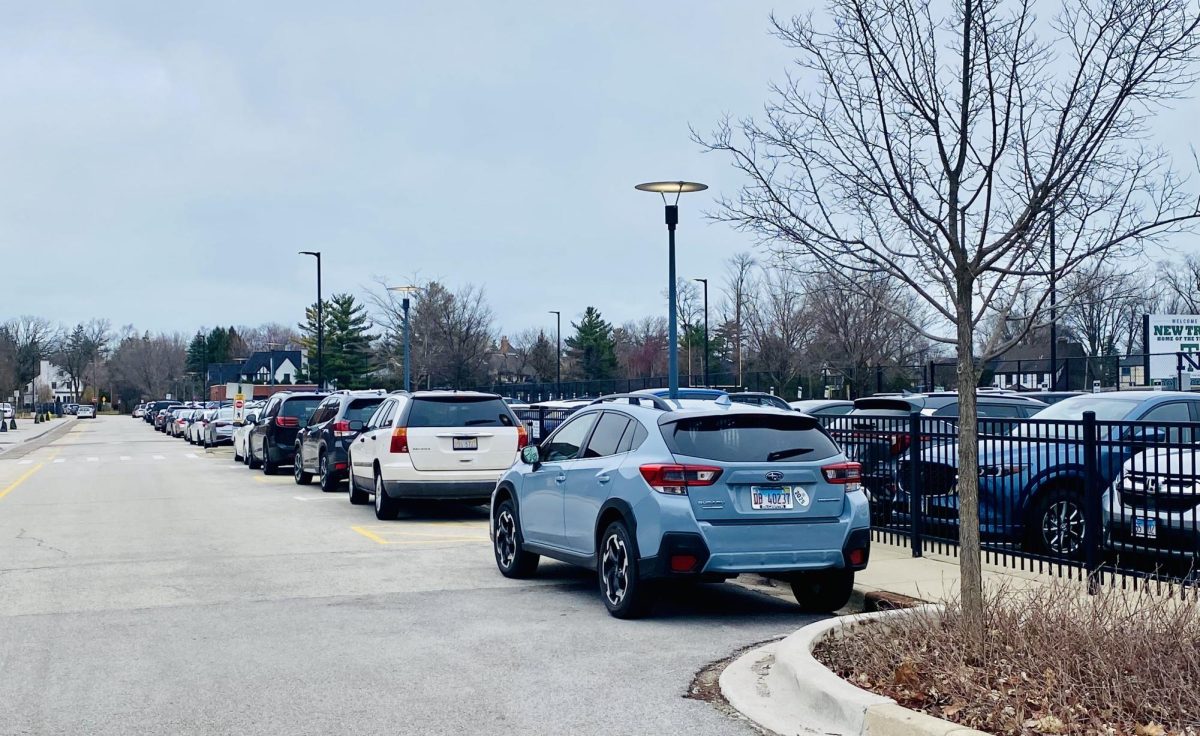It seems that a wave has hit America, promoting healthy eating and healthy lifestyle. This is great, and I support it wholeheartedly, but it seems that we’ve overlooked the single downside to eating healthy in America.
The average American makes $46,326, which is roughly $800 a week after federal deductions and taxes. Let’s say that a family of four spends $400 a week for food. Now for that family, a balanced and healthy dinner of an organic and grass-fed protein of beef or chicken (about $8 a pound at Whole Foods) and organic vegetables (about $15) could cost up to $30 a night. So by the end of the week, this family might spend over $100 on dinner alone.
This means that the average American family can’t afford to eat healthy, and this doesn’t take into account that 1.7 million Americans earn the exact minimum wage at $7.25 per hour and about 2.2 million make below that.
Aside from being extremely expensive, not all food labeled USDA organic is actually organic. It’s already expensive to eat healthy, but when you add the fact that some foods that claim to be organic and are anything but, (causing consumers to pay twice as much) eating healthy becomes very tricky.
According to the Huffington Post, “It’s difficult to separate the effects of added hormones from the mixture of natural hormones, proteins, and other components found in milk and meat. Buying organic may reassure shoppers, but there’s little proof these products are indeed safer.” Many foods that are not labeled genetically modified are sold in stores with an FDA approved stamp, and what’s worse is that these foods are hard to distinguish from 100% organic foods.
For example, there are a variety of peanut butters in the grocery store, and a good portion of them is labeled organic. But why is it that one peanut butter has a layer of oil at the top and is $9 and the other one is blended and $4? Both of them are labeled as “all-natural” and “organic”, but the first one is actually all natural. The preservatives in the imposter organic peanut butter keeps the oil blended in, where as the real organic peanut butter doesn’t have preservatives which lets the oil separate.
Another example is apples. If you take two apples and cut them both in half, the one that’s actually organic and not genetically modified will start to yellow in a matter of minutes. The preservatives in the other apple will keep it “fresh” for hours before the apple finally oxidizes.
But is eating genetically modified food really bad for you? The answer is yes. Over the past 10 years, the amount of hormones added to animals has skyrocketed. In order to feed the mass population of Americans, farmers have to produce twice as much food, which means they have to add twice a much hormones to their animals.
These growth hormones make humans, according to the Huffington Post, especially children, grow faster. “A 2009 study found that children who consumed the most protein from animal sources entered puberty about seven months earlier than those who consumed the least.”
Many Americans are turning to a vegetarian diet, not because they believe in animal rights and stopping animal cruelty, but because it is simply a healthier choice to avoid all the growth hormones and additives in the American meat industry.
So unless you can afford to buy $40 beef sirloin from Whole Foods or you just happen to live near an Amish farm, eating clean is going to be diifficult. But don’t give up hope and order half the McDonalds menu; eating healthy foods is still important, even if they’re not 100% organic. Eating a genetically modified salad is still a better choice than eating a quarter-pounder with a side of fries and diet coke.




































